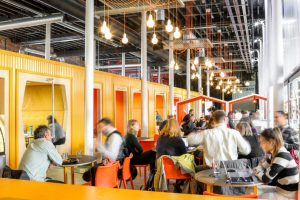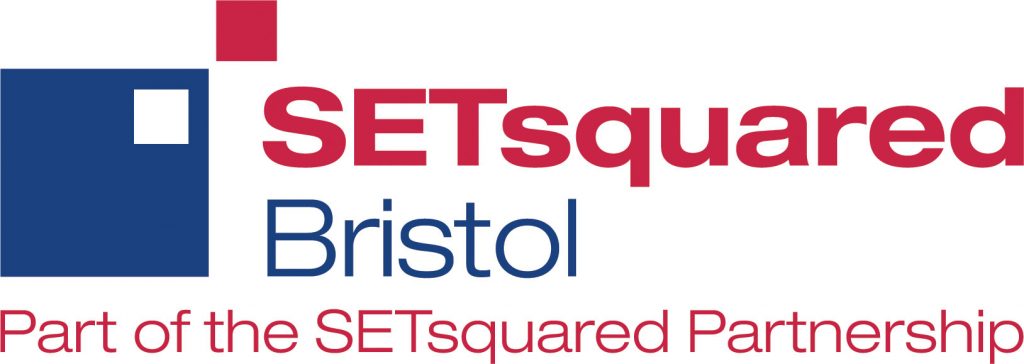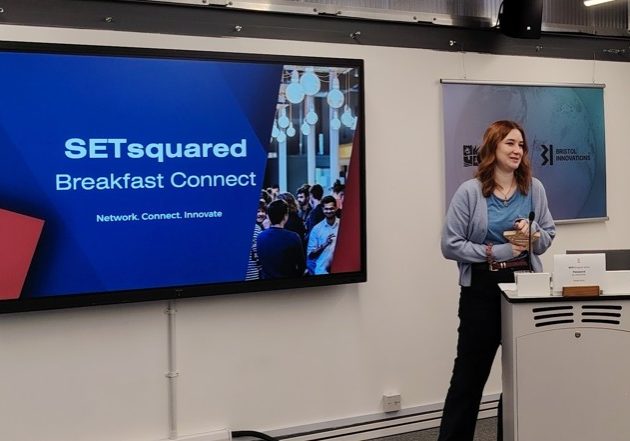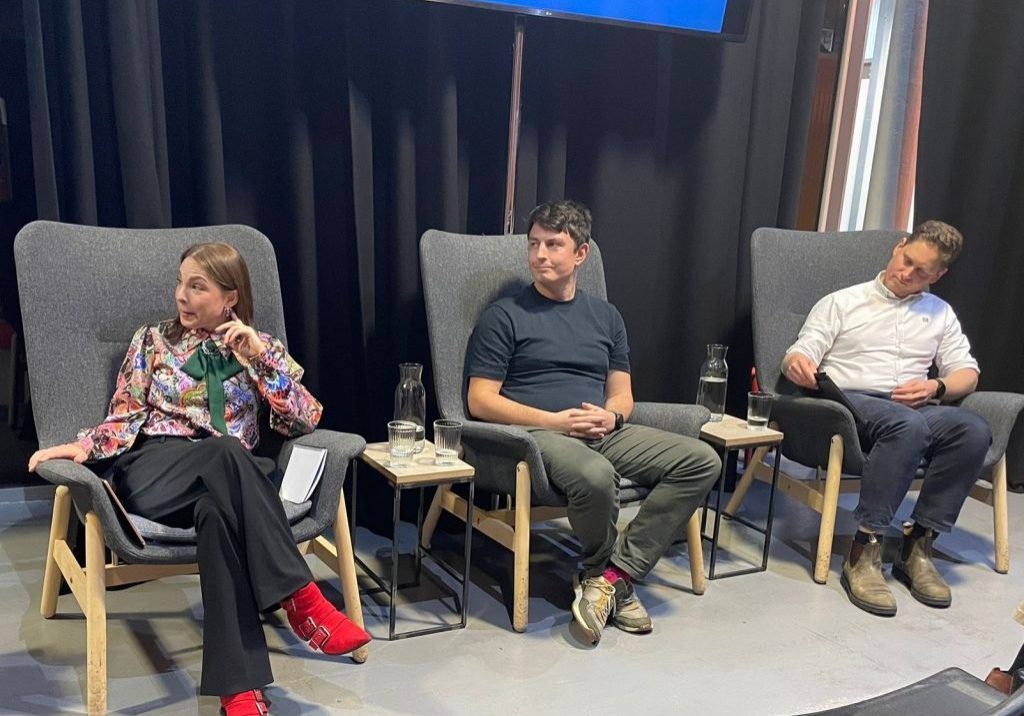Startups Magazine guest blog: It’s time to stop counting desk numbers and focus on productivity
Posted by
Rhian Jarman
This month we feature a guest blog from our partner, Startups Magazine, by Lucy Minton, Co-founder of Kitt.
With government changes from 19 July, the question being thrust into the limelight more than ever for many is ‘Should we go back to the office?’
 With companies now acquiring the confidence they need to start thinking about their return to the office and with so much overwhelming media attention around the topic, it is important that the ultimate focus remains on our team’s productivity, health and satisfaction. The last 12 months has led to a drastic shake up in how people work, and we can’t expect everything to go back to normal as soon as the offices reopen.
With companies now acquiring the confidence they need to start thinking about their return to the office and with so much overwhelming media attention around the topic, it is important that the ultimate focus remains on our team’s productivity, health and satisfaction. The last 12 months has led to a drastic shake up in how people work, and we can’t expect everything to go back to normal as soon as the offices reopen.
While the delay to lockdown lifting is frustrating for many organisations, with companies such as Goldman Sachs postponing their office return as a result, businesses should be using this extra time to their advantage, moving away from conversations about the number of desks and towards those on “pro-productivity”.
There is a real risk of companies going to the extremes of five days back in the office or fully remote and while that might see an initial short term boost in productivity, the long term repercussions could actually be detrimental to the company’s growth. We’ve spent a year in lockdown and it’s not just as simple as staying at home or throwing open the office doors.
A recent report from Slack revealed that more than a third of employees (35%) believed hybrid working made them more productive as it eliminates distractions and was better for their mental health, advocating for the practice to continue even after lockdown. Many companies have already started to recognise that the future is hybrid with a recent survey of 900 businesses from the British Chambers of Commerce suggesting that more than two-thirds (66%) of businesses continue to offer some remote working.
So, how can we set up workspaces that accommodate a flexible schedule and encourage creativity and productivity to thrive?
Upgrade your office tech
When we were all working from home, we invested heavily in technology to make our lives easier, with Brits spending on average £240 on upgrading or improving their technology for remote work. We need to make sure this is reflected in our office spaces when we return. One of the biggest obstacles people face with a hybrid setup is communication, with a fifth of employees struggling with navigating some colleagues being in the office and others not. Over half (56%) have gone as far as saying they would leave their current position if communication does not improve. At Kitt, we use Asana to track all comms, but running an organisation effectively in a hybrid fashion takes discipline from every team member to keep records up to date for all team mates, so it is worth assessing all of your communication channels to ensure they work in both an office and home setting.
 Place design at the heart of your office plans
Place design at the heart of your office plans
There are various reports highlighting the importance of design and surroundings on productivity, with some even stating that a well-designed office can increase your productivity by about 20%. However, when we look to design our office space, we naturally gravitate towards set desk layouts and the old fashion cubicles.
It’s time to start thinking about how office design can support the way that you actually use the space day-to-day to be the most productive – and this is personal to you. Does your team have a lot of meetings? Do you need a focus area? A client area? Collaboration space? There is so much to consider and that is why at Kitt, we get to the heart of our client’s day-to-day to create a unique space for them to do their best work.
Don’t allow a duel class to emerge amongst the team
When you’re in the office, it can be really easy to forget about team members who are working remotely that day, and vice versa – we’ve all been guilty of it. However, if you’re not careful, a hybrid work environment can actually throw up real management and diversity issues if not thought through. Research from the Harvard Business Review found that those working from home had a 50% lower rate of promotion after 21 months when compared to those in the office. Combine that with the knowledge that younger women with children are most likely to want to work from home on a more regular basis, and suddenly you have a real imbalance in your team that could actually lead to great talent looking elsewhere. The solution to this? A remote first approach.
For meetings where you need a high level of participation and engagement, it will be much more effective to make these fully remote for all attendees – with everyone having their own screen and not being at risk of going unnoticed. When sorting the schedule for office days, you should create a set rota that dictates when people are expected to be in. While we want to give people as much flexibility as possible, we also want to create a sense of collaboration and that will only work if everyone is in at the same time. No one wants FOMO.
Embrace collaboration
In a hybrid world, you really need to think about why people are coming into the office. Do they have meetings? Are they looking to brainstorm ideas? The majority of the time, people want that human-connection so it is important you remember that when creating your workspace. You might not even need desks anymore – breakout zones and sofas can encourage the same form of collaboration and productivity and are more comfortable!
This situation is new for everyone and there are going to be mistakes on the way, but if you take one thing away from this, it should be to focus on how teams will work together rather than where. When deciding what route is best for your business, make sure you take the time to speak to your team and really understand what works best for them.
For more SETsquared Bristol blogs and business resources, sign up to receive the monthly newsletter.
Recent News, Blogs and Stories



